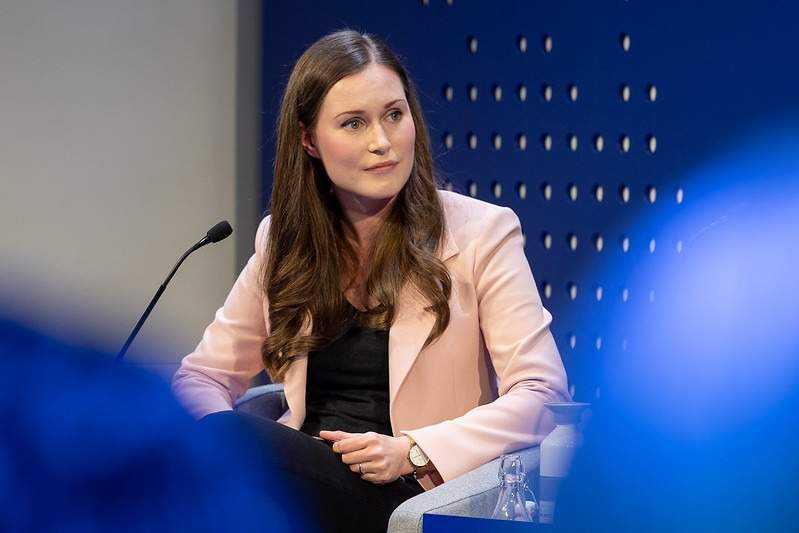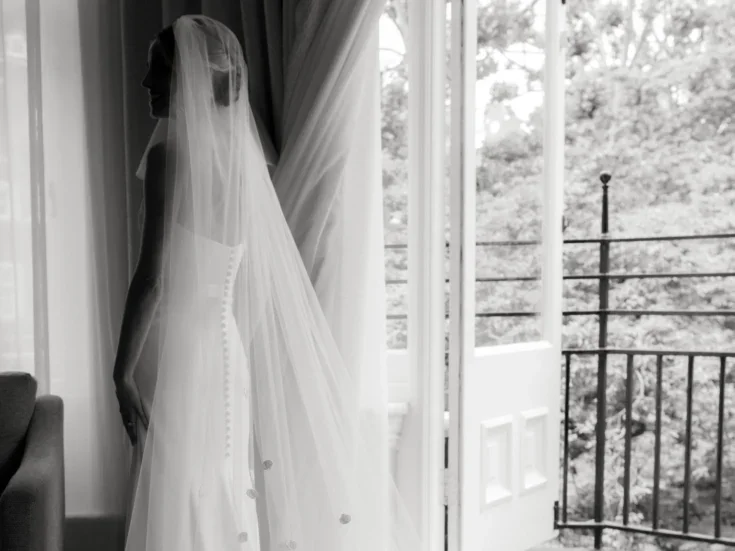
The death of the status quo, looking forward to a female future, and why Donald Trump should be feeling the heat: Paul Blanchard reports from the close of the World Economic Forum’s annual meeting in Davos
Adapt or die
‘If I could use two words to describe the state of the world, they would be “uncertainty” and “instability”.’ So said the UN secretary-general, António Guterres yesterday. He went on to illustrate the point with ‘four horsemen’: climate change, geopolitical tensions, the downsides of technology and ‘global mistrust’.
None of these themes is anything new, but for me the last one is the real differentiator. It’s easy to think Mr Guterres is talking about states, global bodies or individuals at the executive level of global power. But the reality is mistrust also manifests itself in the scepticism of citizens towards their governments, banks and media. It has led to some healthy and some not so healthy scrutiny. Populism has triumphed and the status quo been reassessed.

In many ways, Davos has been affected by this. Last year there was a palpable backlash against the idea of rich and powerful people having cosy chats in comfortable surroundings – disconnected from the problems they professed to want to tackle. But this year, it feels to me as though things have moved on. People feel the weight of circumstance elsewhere – a shift that, hopefully, will create a lasting legacy.
Mr. Guterres commended and congratulated the World Economic Forum, commenting on its longevity. The UN is now 75 years old, Davos 50. You don’t survive that long if you don’t adapt.
The future is already here, it just isn’t evenly distributed
Finnish prime minister Sanna Marin spoke on a panel about gender equality – topic that has been high on the agenda here this week.

She leads a five-party coalition in which each party has a female leader, four of whom are under 35 years old, and one of whom is over 50. ‘Of course it looks different to what we are used to but I hope that in the future it doesn’t get as much attention because it should also be seen as normal – we have people from all backgrounds.’ I couldn’t agree more.
When Madiba met Li Peng
There’s one Davos anecdote that that is worth retelling in its 50th year. In 1992, the conference brought together the South African president F.W. De Klerk with the recently released opposition leader Nelson Mandela.
At the time Mandela was weighing up the nationalisation of several industries should he win power at the forthcoming election. One evening he was seated next to Li Peng, then the premier of communist China. Fascinatingly, Li dissuaded him, suggesting banks, insurance companies and mining operations would be better off in the free market. The rest, as they say, is history.

The heat is on
I made my way to Davos through snowy skies, but as the week draws to a close and the village begins to return to normal life, the sun has come out. As dignitaries and activists alike make their way home today, Most will likely notice the mercury reach 7°C, a full 20 degrees higher than it was when they arrived – especially given the theme of this year’s meeting. However, one suspects there will always also be some people who choose to stick their heads in the sand. (Mr Trump, I’m looking at you.)






